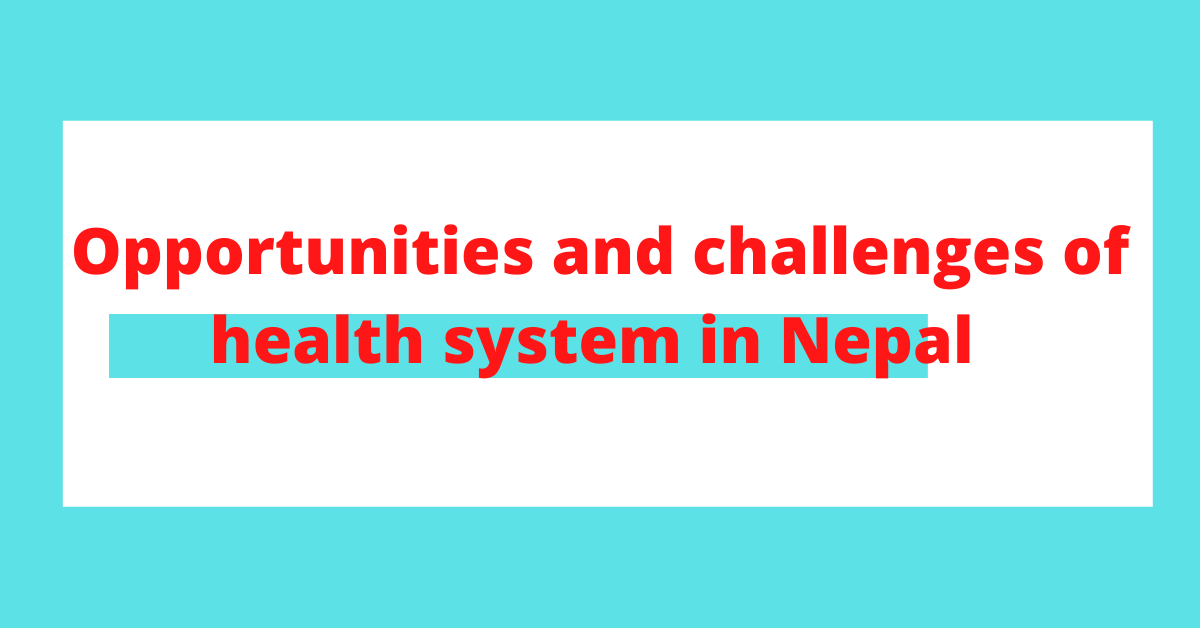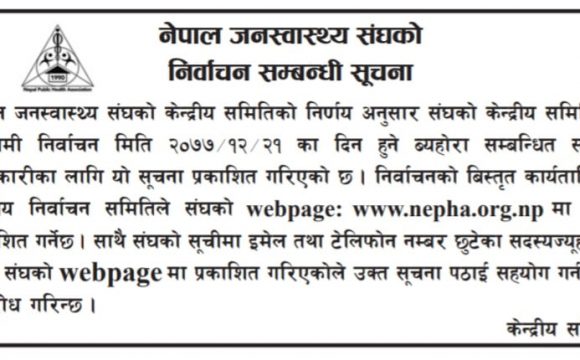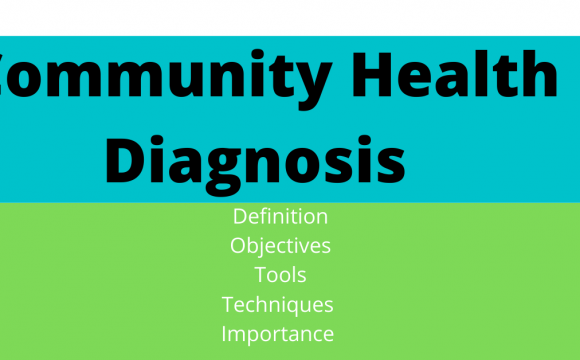With the promulgation of constitution in 2015, Nepal replaced a unitary government with a federal system of government. This process has made Nepal a federal democratic republic governed with three levels of government: a federal level, seven provinces and 753 local government.
After the federalism in Nepal , the restructuring have both the opportunities and challenges .
The roles and responsibilites, job description of health workers of reinstated health offices is still very unclear.
As federalism accelerates, the national health system can also speed up its own decentralization process, reduce disparities in access, and improve health outcomes. The turn towards federalism creates several potential opportunities for the national healthcare system.
Opportunities in Federal Health system of Nepal
- The federal context provides fertile ground for more effective budgeting and needs-based and evidence-based planning.
- Federalism also presents opportunities for increasing financial resources for health from provincial and local government.
- The local and provincial government, if capacitated, can prioritize and plan for the health sector from different resources like equalization grant and the local funds apart from the conditional budget from the MOHP.
- Local elected governments are presented with the opportunity for better health sector accountability and transparency. A multi-stakeholder forum at all three levels can advocate for the service access and quality and allow to locally mange the grievances.
- Federalism is important opportunity for Nepal to achieve Universal Health Coverage.
- Federalism and resulting increases in healthcare accessibility and financing options present a strong prospect to strengthen the health system in Nepal.
Challenges in Federal Health system in Nepal
- De-prioritization of the social sector, including health, over other needs.
- One of the major challenge is Human resource management.
- The Coordination among three level of government is lacking.
- Partial Implementation of health programme due to federal government’s failure to transfer power with clarity to provincial and local government.
- special concern in federalism are spill-over effects and lack of clarity in the delineation of authority between jurisdictions in the different layers of government.
- The health service delivery structure in Nepal was developed at the time when the country’s population was only 10 million. The present health structures and human resource base of 35 thousand people is not sufficient to provide adequate health service delivery in context of changing burden of disease, growing advancement in healthcare technologies and increasing population.
- The deputed health personnel at local level (eg, paramedics at service outlets) are primarily trained to offer health services and therefore, lack skills on management and procurement at large. This requires extensive capacity building pertaining to planning, monitoring, evaluation and overall management of the health service delivery.
- Local level act as mini ministries, with health being a component. This system lack clear direction, capacity and clarity to drive health programmes.
Federalism is an important opportunity for Nepal to achieve UHC. Enacting it in the health sector must be backed by legislation and quality standards, along with sound financing, logistics, human resources, and an emphasis on empowering and capacitating local and provincial governments through strengthening leadership and governance mechanisms. This context, federalism and resulting increases in healthcare accessibility and financing options present a strong prospect to strengthen the health system in Nepal.
References
- https://www.ncbi.nlm.nih.gov/pmc/articles/PMC6499910/
- https://kathmandupost.com/columns/2019/12/15/health-systems-in-federal-nepal-challenges-and-opportunities
















